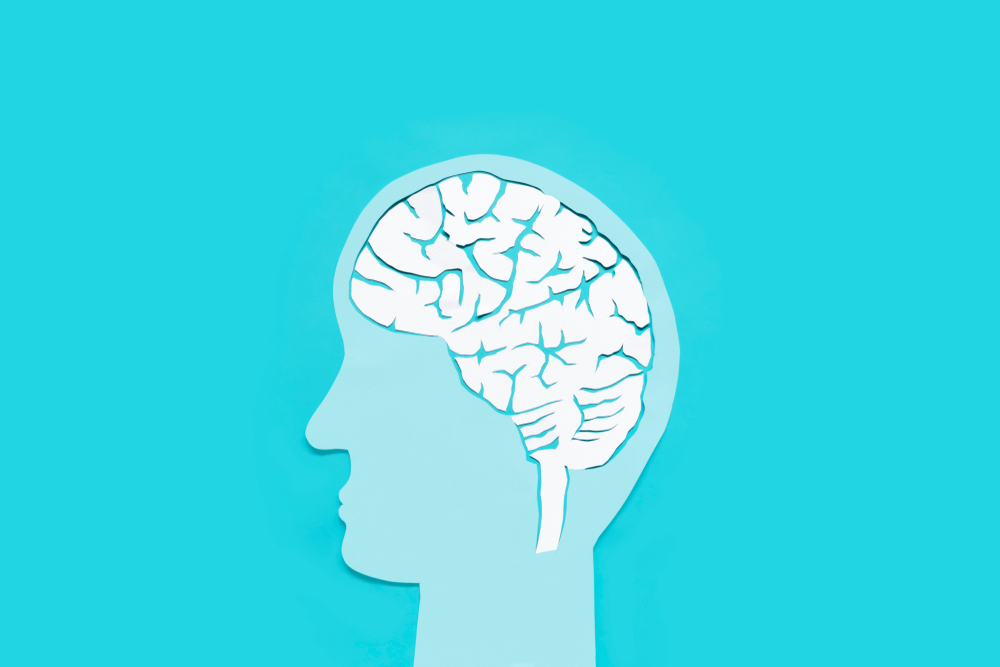Memories help us connect with our past and feel confident in our ability to navigate the future. How can you best protect and improve your memory as you age?
While genetics play a role in the health of our memory, research has shown there are proven ways to protect your memory through diet and lifestyle choices.
Brain Healthy Diet
A diet rich in antioxidants will feed and protect your brain because antioxidants stop or limit cell damage. Eating anti-inflammatory foods is a great way to add antioxidants into your diet. Fruits, vegetables, healthy oils, dark chocolate and cocoa are all brain healthy choices. Avoid refined carbohydrates such as added sugars, white flour and rice; these foods have a potential inflammatory effect which can compromise your brain and physical health.
Dietary supplements like curcumin, Vitamin D and fish oil can have a significant impact on brain and memory health. Animal studies have shown curcumin reduces inflammation and plaque in the brain. Vitamin-D deficiency has been linked with age-related dementia. Have your D levels checked to determine whether or not you need a supplement. Fish oil supplements can help increase your consumption of DHA and EPA; both of which have been linked to overall brain health and function.
Exercise Body AND Brain
Physical exercise benefits not only your body, but also your brain. Regular exercise can reduce the risk of memory loss related health conditions, such as diabetes and cardiovascular disease. Research by Art Kramer shows physical exercise significantly improves brain health and can even stimulate the growth of new neural connections. Exercise requiring complex motor skills or hand-eye coordination can be particularly advantageous.
~In general, what’s good for your heart is good for your brain!~
You can also exercise your cognitive skills with ‘brain training games’ and by learning new skills. Is one better than the other? Yes! Activities that strain your brain and are social are best.
Challenging brain training games may help strengthen your memory and reduce the chance dementia. A study by the Harvard School of Public Health, however, found people with the most active social lives had the slowest rate of memory decline. Learn how to play an instrument, a new card game, speak a new language or volunteer. These activities all challenge your brain and are social.
Maintain a Healthy Weight
Living a brain healthy lifestyle could help you maintain a healthy weight. A healthy body weight is one of the best ways to keep your mind in top condition. Numerous research studies have linked obesity to memory deficits and higher risk for developing Alzheimer’s disease.
Relax the Brain
Sleep is incredibly important for a healthy memory. It is vital for memory consolidation, the process in which your brain creates a map for allowing memories to be retrieved. Adults are encouraged to get 7–9 hours a sleep daily.
In addition to sleep, meditation and mindfulness are practices proven to improve memory performance. Meditation improves blood flow to the brain. According to Dharma Singh Khalsa, MD, meditation can actually reverse memory loss in people with memory problems.
Mindfulness, a skill often used during meditation, is a less formal practice and more of a mental habit you can use in any situation. Mindfulness is a mental state in which you focus on the present moment, acknowledging awareness of your feelings and surroundings. Mindfulness has been linked to improved memory performance and a reduction in age-related mental decline.
Summary
The human brain has an amazing ability to adapt at any age. It is never too late to get your brain in better shape. Implementing these research-backed tips in your life can create a healthier brain and memory.
Originally published on Medium.
Follow us here and subscribe here for all the latest news on how you can keep Thriving.
Stay up to date or catch-up on all our podcasts with Arianna Huffington here.


